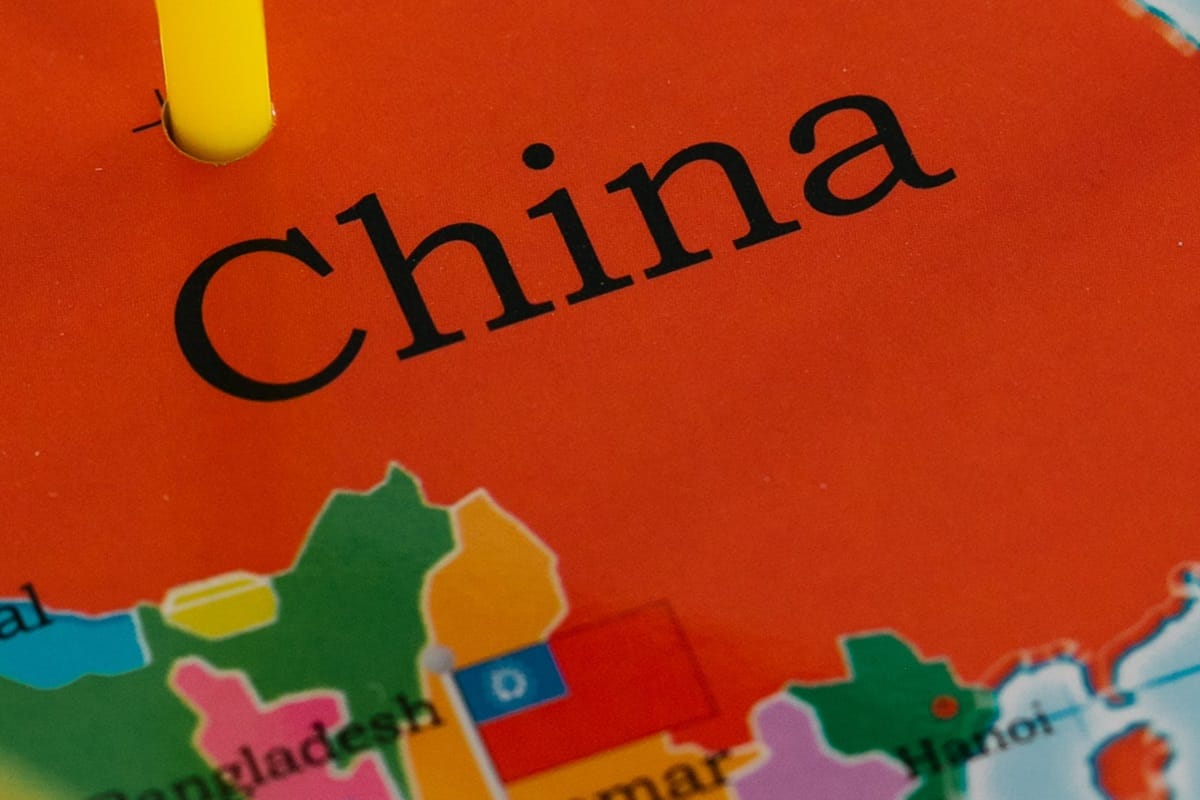At the end of October, a decrease in the level of production activity was recorded in China.

At the same time, during the current month, the pace of the expansion of the service sector in this Asian country unexpectedly slowed down. According to experts, this trend indicates that the state of the Chinese economy is fragile. They suppose that the country’s economic system needs support.
The official index of purchasing managers in the manufacturing industry in China in October decreased to 49.5. In September, this indicator was fixed at the level of 50.2. The relevant information is contained in the official statement of the National Bureau of Statistics, which was released on Tuesday, October 31.
The non-manufacturing sphere index, which measures the level of activity in the construction sector and the sphere of services, fell to 50.6 in China in October from 51.7 in September.
The results were worse than forecasts of the development of the situation in the Asian country’s economy. Against this background, calls for Beijing to take measures to stimulate the development of the economic system have become more relevant. At the same time, the Chinese government has already announced the adoption of relevant decisions in October. Beijing will issue additional sovereign debt and increase the budget deficit ratio.
This year, the process of recovery of the Chinese economy has been complicated due to the influence of factors such as low consumer confidence, negative dynamics of export demand, and the crisis in the sphere of real estate, which shows no signs of ending soon.
Raymond Yeung, Chief Economist for Greater China at Australia & New Zealand Banking Group Ltd, says that the unexpected slowdown in October is a signal that Beijing should pursue a policy to support economic growth.
The data for the current month has become a factor of pressure on regional currencies. The offshore yuan weakened by about 0.1% after the publication of data from the National Bureau of Statistics. The value of Chinese shares in Hong Kong fell by 1.7%. The benchmark CSI 300 index on the mainland decreased by 0.8%. The yield on China’s 10-year government bonds fell by 2 basis points to 2.7%.
Economist Chang Shu says that the October figures are evidence of weak dynamics in the third quarter. According to the expert, the current situation will become a factor that will encourage Beijing to continue taking measures aimed at strengthening measures to stimulate economic growth. Chang Shu suggests that by the end of this year, the Central Bank of China will reduce interest rates.
Zhang Zhiwei, chief economist at Pinpoint Asset Management Co., says that the Asian country government may increase the budget deficit for next year. According to the expert, this measure will ensure a more sustainable recovery of the economic system. Zhang Zhiwei also said that the weak business activity index confirms the need to strengthen government support.
The People’s Bank of China may reduce the amount of cash that lenders have to hold as reserves. This measure will help to finance the sale of government bonds. Reducing the interest rate on one-year loans and adding additional liquidity are other options of activity for the financial regulator. The maturity of the medium-term loan for 850 billion yuan ($116 billion) is approaching.
The October figures are partly due to seasonal factors, including eight-day holidays. But this circumstance does not negate the fact of weak market demand. The indices of new orders in the manufacturing and non-manufacturing sectors are below the 50-point mark, which is evidence of a demand reduction.
Michelle Lam, economist for Greater China at Societe Generale SA, confirms the influence of the seasonality factor on the October figures but notes that the overall situation is still negative. According to the expert, the recovery process of the Chinese economy is fragile. Michelle Lam also suggested that after the vacation season, the situation will become more complicated.
The number of travelers during the Golden Week, celebrating the mid-autumn and the founding of the People’s Republic of China, this year exceeded the figure recorded before the coronavirus pandemic.
The decline in export demand for manufacturing products that intensified in October is evidence that factories whose goods are sold in foreign markets are under pressure.
NBS senior statistician Zhao Qinghe says that the foundation for further recovery of the Chinese economy still needs to be further strengthened. According to him, the decline in economic activity confirms this need.
As we have reported earlier, Real Estate Crisis to Stop Development of China’s Economy for Years.









